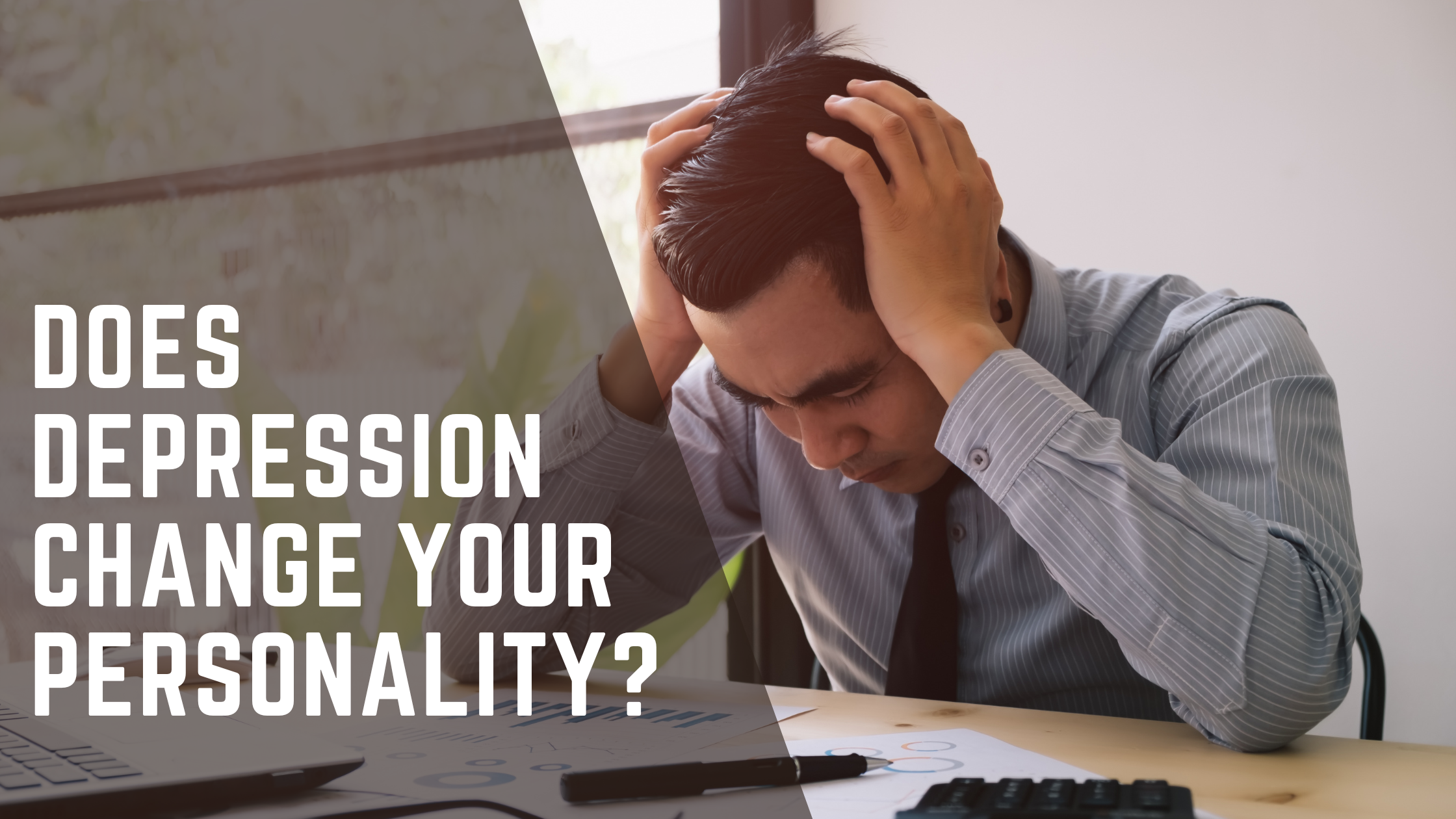
Does Depression Change Your Personality?
Depression is a debilitating mental health disorder that affects millions of individuals worldwide. While its primary symptoms are often characterized by persistent sadness, loss of interest, and feelings of hopelessness, there is growing evidence to suggest that depression can also influence a person’s personality. This article delves into the question, “Does depression change your personality?” and explores the various ways in which depression can shape and alter one’s core traits and behaviors.
The Interplay Between Depression and Personality
Personality refers to the unique set of enduring traits, patterns of thoughts, feelings, and behaviors that define an individual’s character. It serves as a consistent framework through which people interact with the world around them. While personality is generally considered to be relatively stable over time, studies have revealed that depression can exert a profound impact on these fundamental aspects of an individual’s identity.
Emotional Stability: Depression often leads to emotional instability, characterized by frequent mood swings, heightened sensitivity, and a tendency to experience negative emotions such as sadness, anxiety, and irritability. Individuals who were once emotionally stable may become more prone to sudden shifts in their emotional state.
Introversion and Social Withdrawal: Depression frequently prompts individuals to withdraw from social interactions and isolate themselves from others. People who were once extroverted may become more introverted, experiencing a diminished desire to engage in social activities and interact with friends and loved ones.
Self-Perception: Depression can significantly impact an individual’s self-perception and self-worth. Negative thoughts and feelings of guilt, worthlessness, and self-criticism are common among those experiencing depression. Consequently, individuals may develop a more pessimistic outlook on life and a distorted view of themselves.
Cognitive Functioning: Depression can impair cognitive processes such as concentration, memory, and decision-making. Individuals may experience difficulties in focusing on tasks, processing information, and making judgments. This cognitive decline can further contribute to feelings of frustration and low self-esteem.
Changes in Energy Levels: Depression often manifests as a persistent feeling of fatigue and low energy. Individuals may struggle with reduced motivation and find it challenging to engage in activities they once enjoyed. This diminished energy can lead to a general decline in productivity and a loss of interest in previously cherished pursuits.
Risk of Developing Anxiety: Depression and anxiety frequently coexist, with individuals experiencing symptoms of both disorders. Anxiety may emerge or intensify as a result of depression, contributing to heightened feelings of worry, restlessness, and a sense of impending doom.
Conclusion
Depression is not merely limited to emotional distress but can significantly impact an individual’s personality. The interplay between depression and personality is complex, with changes often reflecting a combination of the symptoms and effects of the disorder. Recognizing these alterations is crucial in understanding the multifaceted nature of depression and tailoring appropriate interventions and treatments. By addressing both the emotional and personality-related aspects of depression, individuals can receive comprehensive care that facilitates their journey towards recovery and improved well-being.

